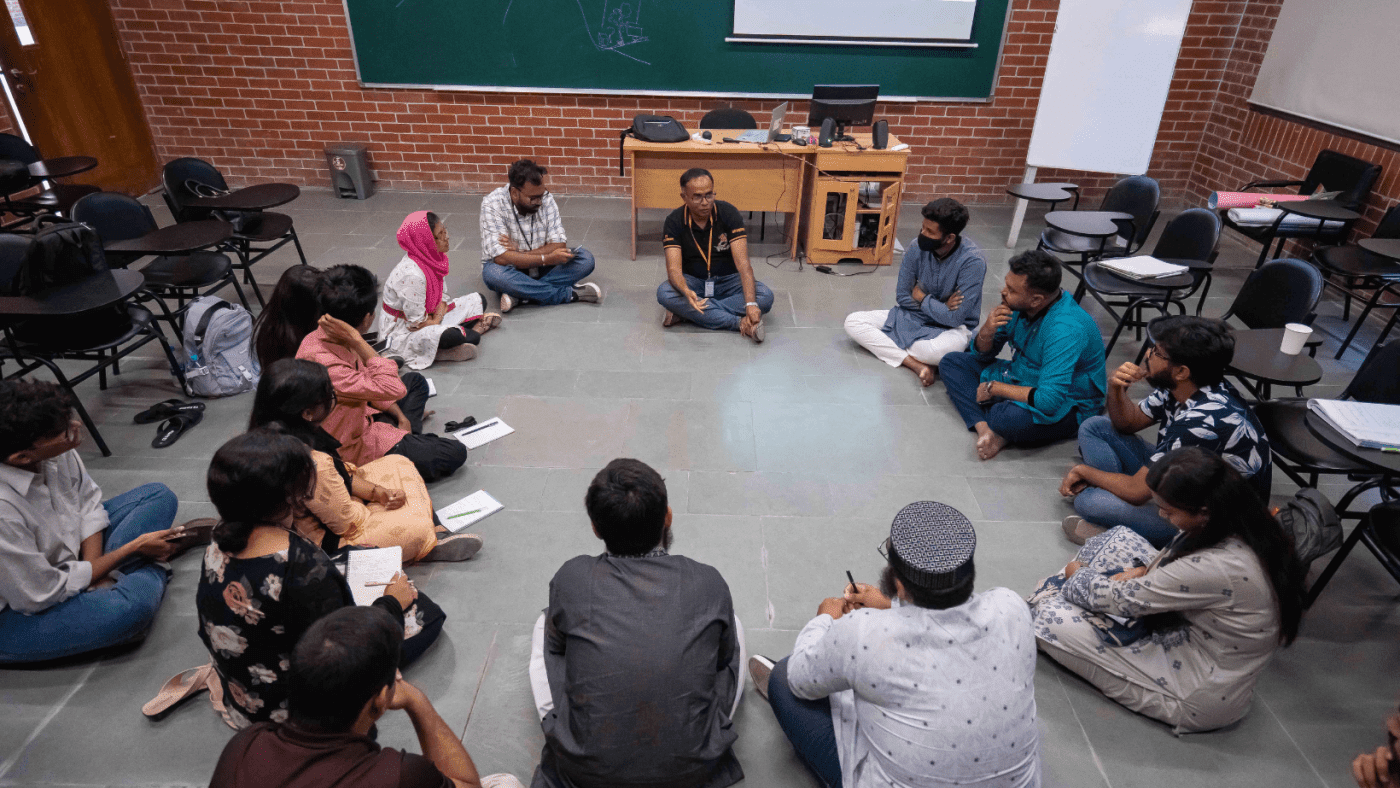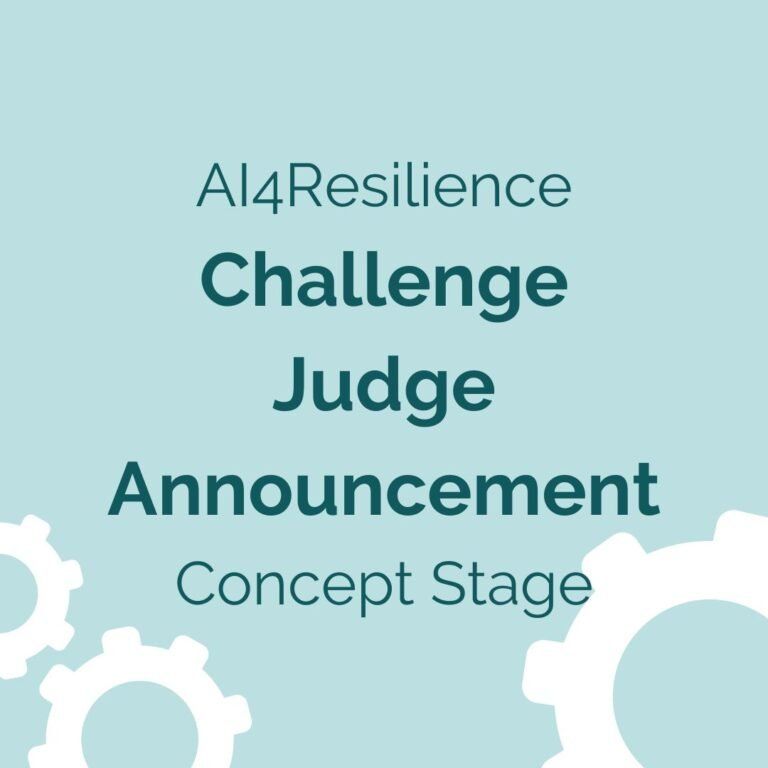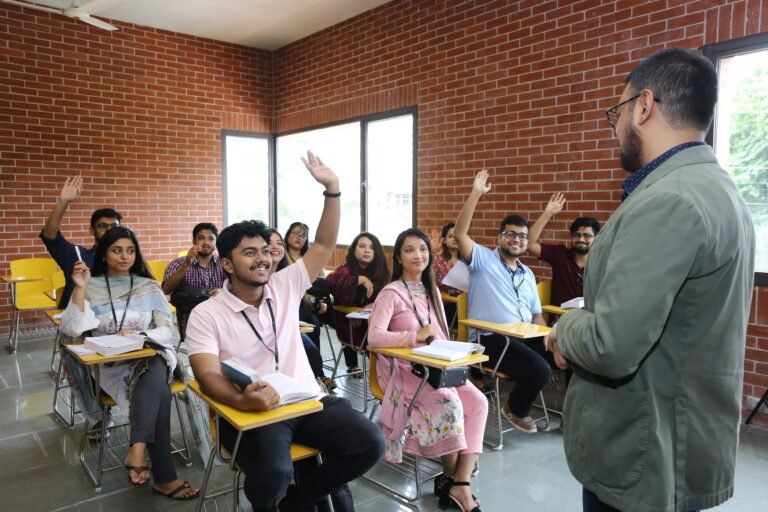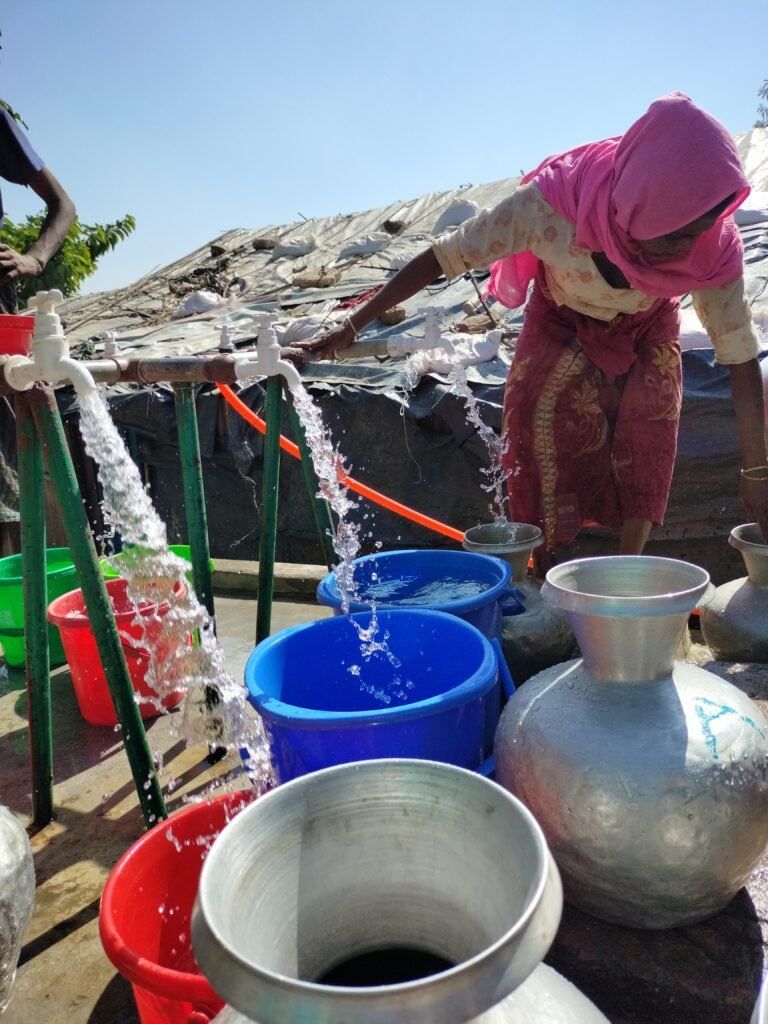[The Business Standard] Elevate Youth Initiative of ULAB: Empowering urban humanitarian innovation
This article was published by The Business Standard on August 9, 2023 [Source]
In a world where over 50% of the global population resides in urban areas, a significant shift from the less than 30% in the 1950s, the undeniable trend of urbanisation is set to continue. The United Nations projects that by 2030, approximately 4.9 billion people will call cities their home.
This rapid urban expansion, especially in developing economies, is a testament to the growing allure of urban centres. However, as cities swell, a host of challenges emerge, requiring innovative responses to ensure the well-being of urban dwellers.
As cities swell with populations, the potential for both natural and man-made disasters to escalate also increases. Once considered safe havens from humanitarian disasters, urban areas now stand as complex epicentres of multifaceted humanitarian crises.
A stark example is the Covid-19 pandemic, which spotlighted cities as coronavirus hotspots. Research reveals higher Covid-19 incidence rates in urban areas than in rural areas. Bangladesh’s major urban centres, notably Dhaka and Chattogram, were significantly impacted.
Till 4 August 2023, the confirmed cases of Covid-19 in Dhaka alone, was more than twice of the confirmed cases in the next nine most affected cities.
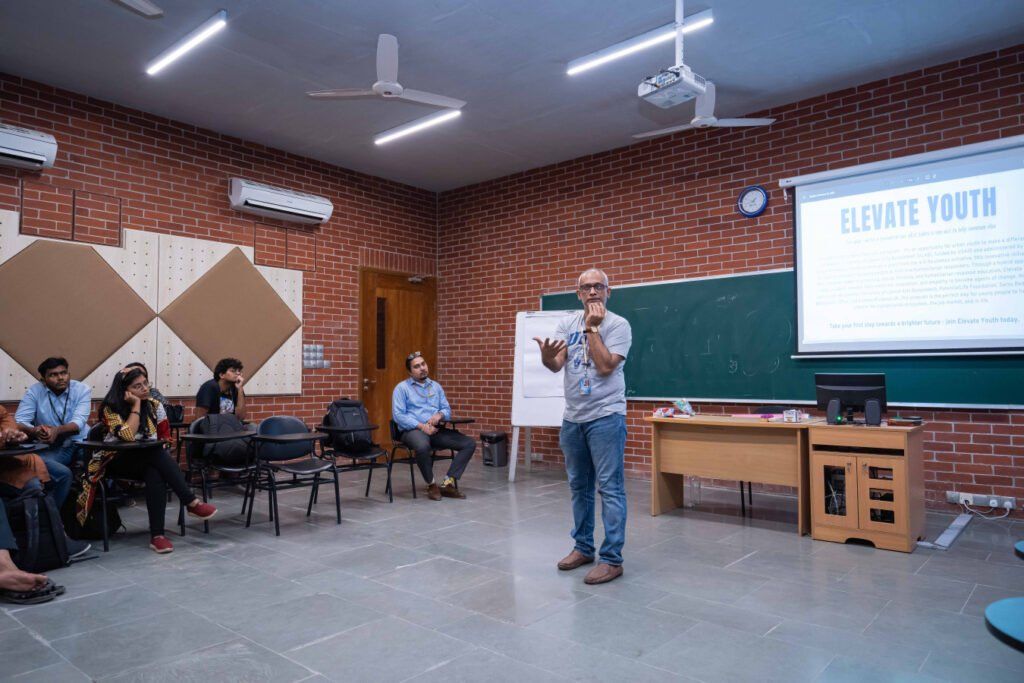
The urban context presents unique challenges for humanitarian actors. Unlike traditional disaster scenarios, cities are characterised by dense populations, intricate infrastructures, social complexities, and diverse demographics.
These factors complicate the delivery of aid and require a nuanced understanding of urban dynamics. It involves coordination between multiple stakeholders, including local authorities, civil society organisations, and international actors, necessitating efficient communication and collaboration.
The sheer complexity of urban environments demands innovative and adaptable approaches to address the needs of affected communities effectively.
In this rapidly urbanising context, a significant demographic emerges—the youth. Young people in major urban centres, grappling with limited economic prospects, educational access, and safety, pose social unrest risks. Amidst these challenges, youth mental health issues surged due to the pandemic.
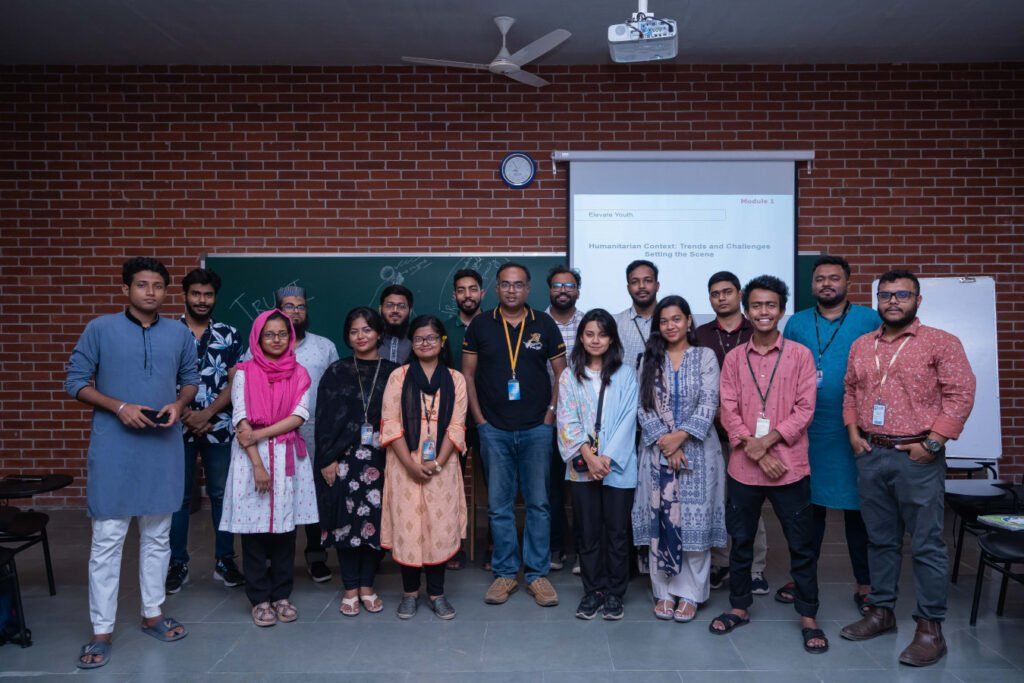
According to Unicef’s 2023 report, 86 million adolescents globally face severe mental health problems, with staggering suicide rates. In Dhaka, recorded cases of severe depression and distress among youth surged, underscoring the dire need for intervention.
In answer to these important problems, the University of Liberal Arts Bangladesh (ULAB) is currently implementing Elevate Youth Initiative – a yearlong pilot programme funded by AI4Resilience Innovation Challenge Fund.
Accelerating Innovation for Resilience (AI4Resilience) is a multi-country programme that is run by Global Knowledge Initiative (GKI) in partnership with Spring Activator and is paid for by USAID’s Bureau for Humanitarian Assistance.
The goal of the initiative was to set up a network that would strengthen the local ecosystem for humanitarian innovation by giving organisations and middlemen reasons to create and implement solutions that could lead to changes at the system level.
ULAB intends to use this pilot initiative to develop the urban humanitarian response and leadership capacity of 150 urban youth studying at various universities and colleges, to facilitate a network of these trained students, and to foster linkage between this youth-led network and government, local, and international humanitarian agencies, as well as private sector actors.
The pilot programme is divided into five key phases: design, youth capacity development, innovation challenge, network building, and assessment, with the goal of developing a program that can be scaled up and replicated.
The youth capacity development component consists of five modules that include self-awareness, leadership, humanitarian response basics, design thinking, assessment of urban humanitarian readiness, and leading with purpose.
Students will receive comprehensive training through collaboration with international and local humanitarian organisations. Experiential lessons that include fieldwork and community involvement improve practical comprehension.
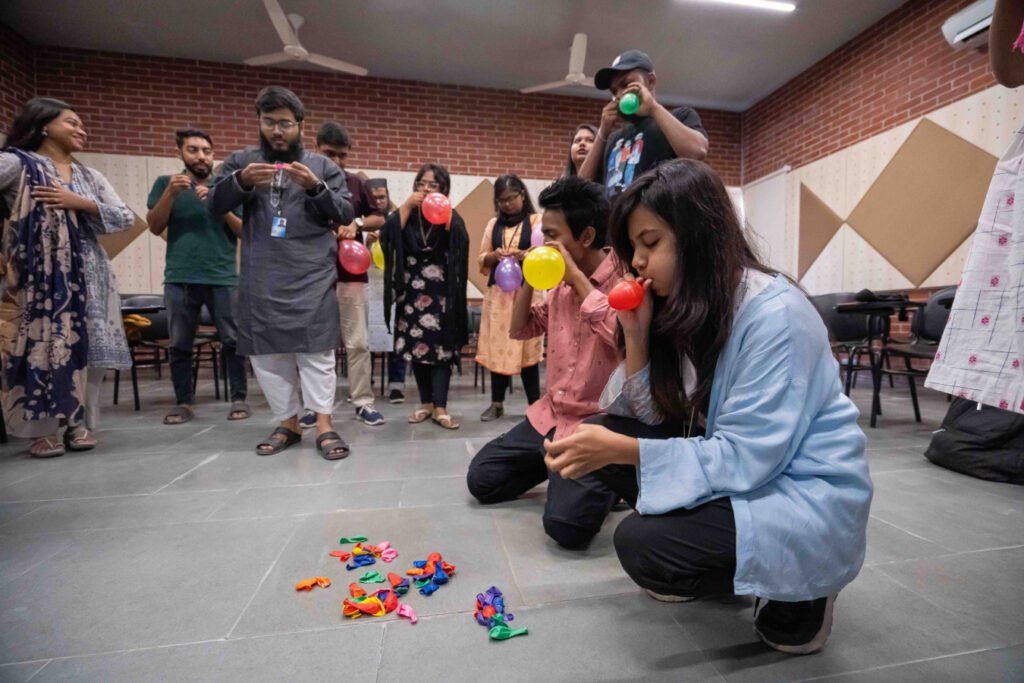
“The Covid-19 outbreak was very different for us than it was for other people. During a time of uncertainty, we had to take care of our own lives, deal with our own losses, and make sure the children and elderly in our families were safe. As faculty of a university with over 5,000 students, we also had to deal with the trauma and mental stress that the students and their families were going through,” said Asif U Ahmed, assistant professor and director of the Graduate Business Programme at ULAB, who has also been coordinating the Elevate Youth Initiative.
“The pandemic caused poor mental health, sadness, and worry in millions of young people who had moved to cities to get a better college education. Many of my students still don’t know where the world is going or where they fit in. But the Covid-19 pandemic only showed the tip of the iceberg when it came to the poor mental health and vulnerabilities of urban youth. We’ve been ignoring this iceberg for too long,” he added while explaining the reasons for ULAB taking this initiative.
The Elevate adolescents programme recognises the specific problems that urban environments present and seeks to engage and empower adolescents for humanitarian innovation. ULAB recently completed the design phase, with a cohort of 40 students completing online leadership training and in-person humanitarian fundamentals training.
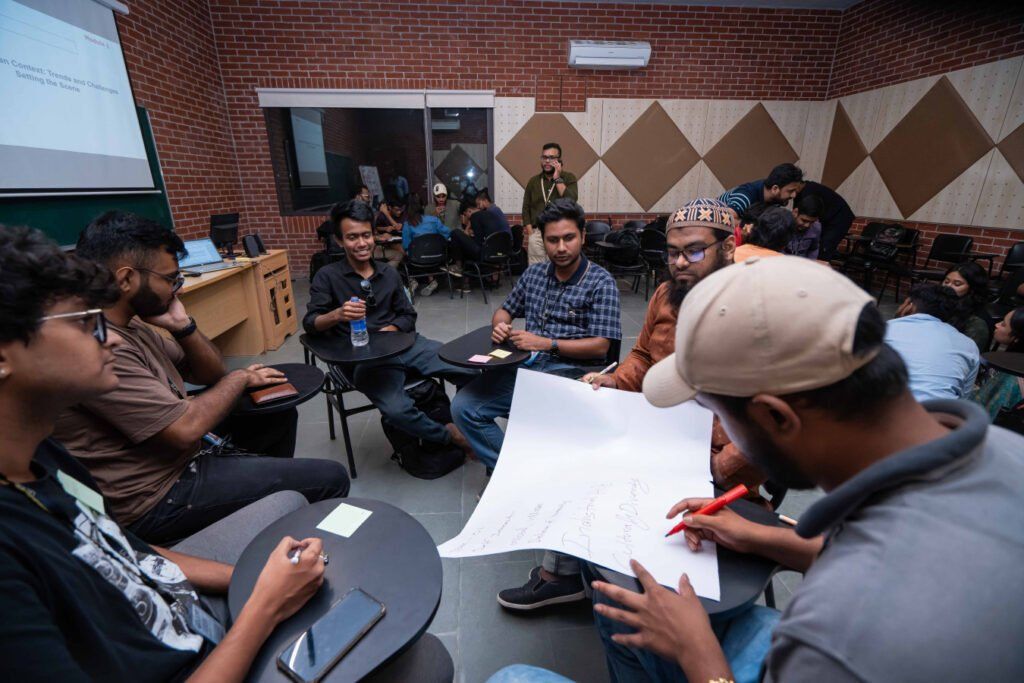
The humanitarian fundamentals training included a day-long tour to Gazipur, where the students got the opportunity to meet with volunteers from the Bangladesh Red Crescent Society and the community, as well as learn from their experience responding to the Covid-19 pandemic.
“When faced with the new reality, colleges and universities are often too quiet and unwilling to accept the full complexity of what it means to be a young person in an uncertain time. Different colleges and universities did different things to help students get ready for the real world. But we haven’t taken into account that things are different this time because technology is changing quickly, there is a new group of young people, and the world is facing risks that come from both nature and people,” said Professor Imran Rahman, Vice Chancellor of ULAB.
“We need to work together to come up with new ideas because we don’t have all the knowledge. We also need to test our ideas before putting them into action because we don’t have enough resources. To change the system, we need to work with similar higher education schools and the government,” he said, adding, “we need to listen to the young people all over the country who are speaking up more and more, and we need to build a higher education system that is relevant to both young people and the rapidly changing needs of the country.”
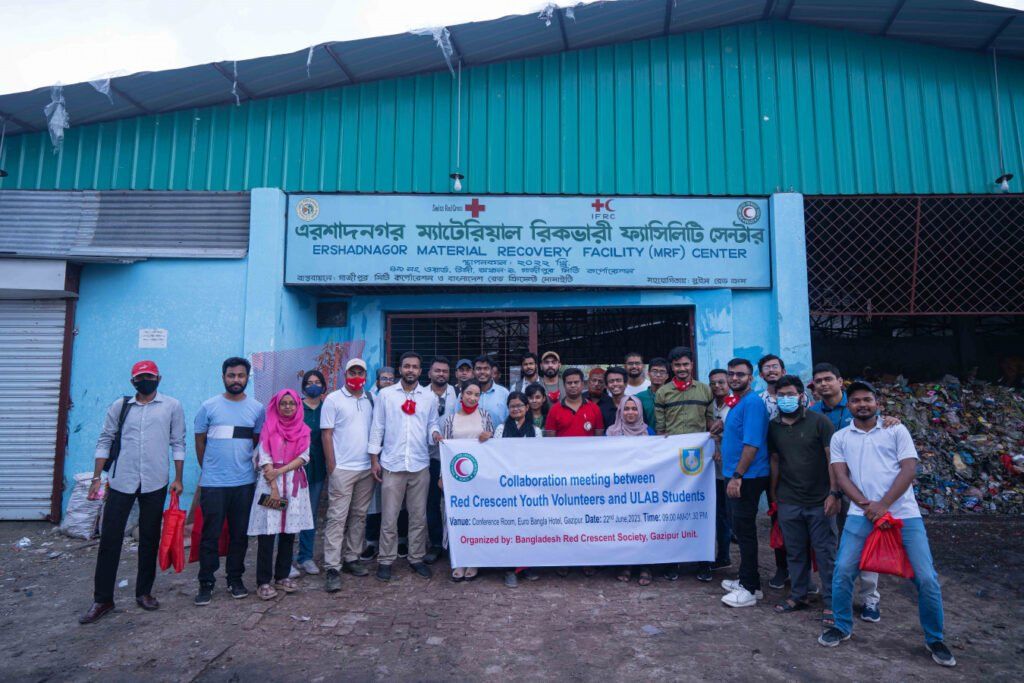
He explained why this initiative is taking a pragmatic approach and why other stakeholders and universities are being involved in designing and delivering this programme.
The potential for youth-led innovation in humanitarian response holds significant promise. By harnessing their technological acumen, local insights, and energy, youth can drive transformative change.
Elevate Youth’s emphasis on empowerment, leadership, and community-driven solutions is poised to create a ripple effect that extends beyond individual initiatives. With the design phase completed, ULAB is now preparing to roll out the other components of this pilot initiative from the first week of September 2023.

